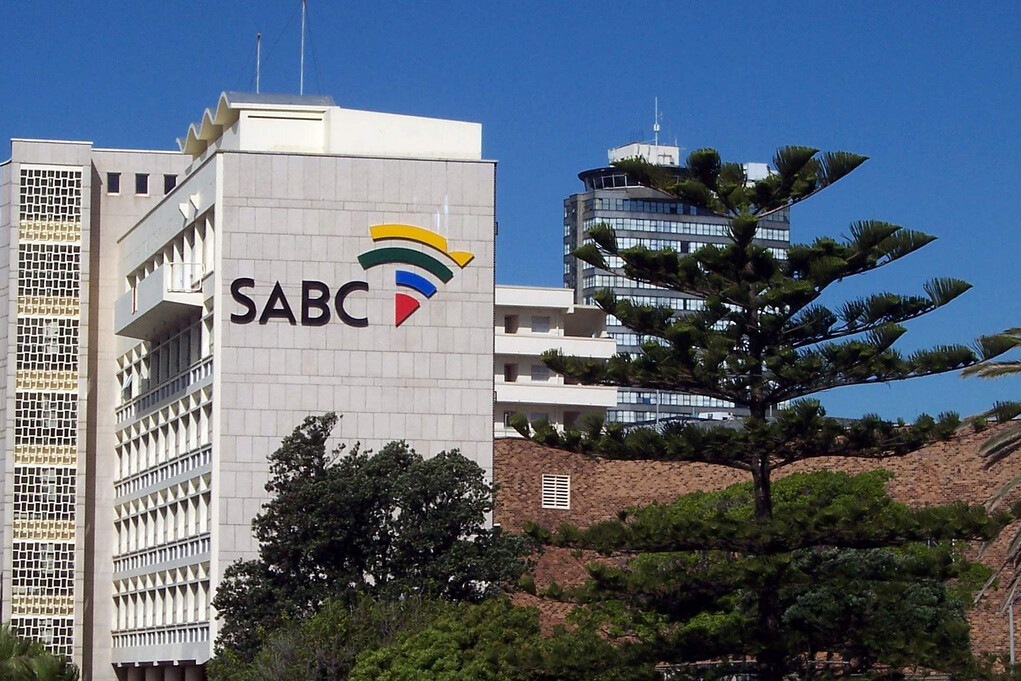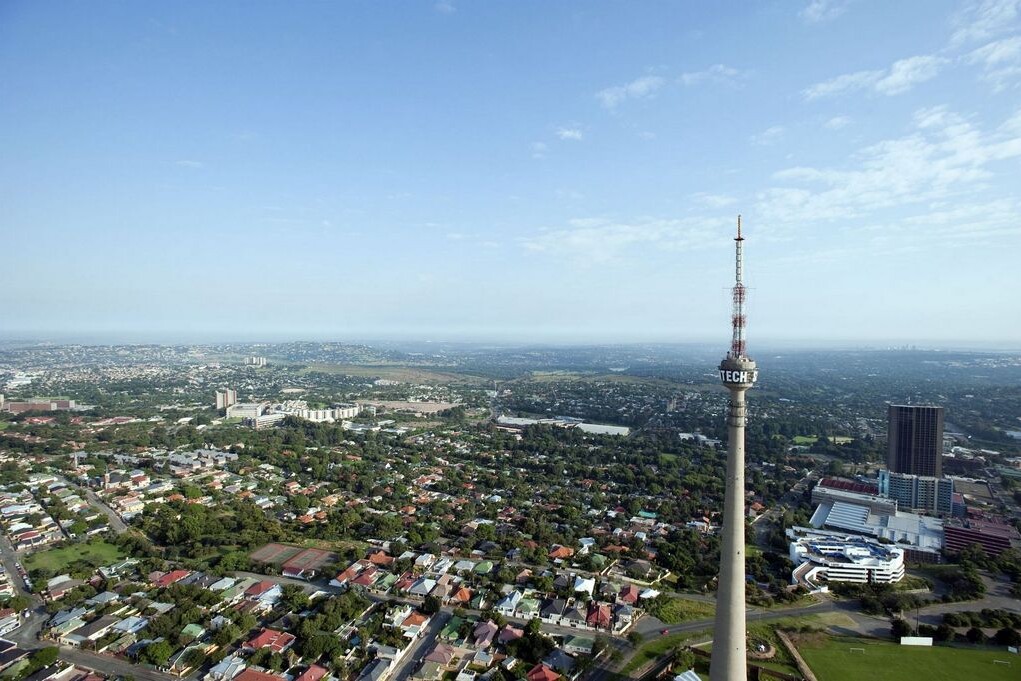Since our last update in January, the South African Broadcasting Corporation (SABC) has continued to face an ongoing crisis that has left the broadcaster in financial difficulties and caused controversial policies to reverse.
The crisis unfolded just over a year ago, due to repeated censorship allegations and general malpractice. This is what has happened in the last few months:
- After the resignations of some of SABC’s board members and an investigation into the board’s fitness to hold office, President Jacob Zuma appointed an interim board for the public broadcaster in March.
- While the former CEO, Hlaudi Motsoeneng was suspended and investigated for irregularities in his contract and misconduct, James Aguma became interim CEO. However, at the end of May, James Aguma was dismissed both as a Chief Financial Officer and as an acting Chief Executive Officer, due to an investigation into breaches in the broadcaster’s procurement and expenditure practices that he is allegedly involved in. Meanwhile, Tseliso Ralitabo has been appointed acting CEO.
- After another unsuccessful attempt to stop his disciplinary hearing, Hlaudi Motsoeneng was fired on Monday for breaching his employment contract and driving the public broadcaster into disarray. “Motsoeneng ran the public broadcaster like his own private property. He caused a lot of damage and destroyed the SABC image,” said Dennis Bloem, a spokesperson for the party Congress of the People (COPE). Motsoeneng will reportedly not receive any final pay but will have to serve a month’s notice before his permanent departure from the broadcaster to allow the broadcaster to finalize the disciplinary process.
- In May, the SABC admitted that it is facing a financial crisis and confirmed last Tuesday that it lost R1.1 billion in the last financial year.
- The board, meanwhile, is working to undo any controversial or problematic policies instituted by Motsoeneng during his time at the SABC. The board is proposing to edit Motsoeneng’s policy of airing 90% local content, which may have contributed significantly to its high revenue loss. The board proposed to set a current ratio of 60% local content and 40% foreign, as the broadcaster is not able to continue promoting local content alone. As part of this process, the SABC will revert back to its 2014 editorial code.
- The broadcaster’s interim board has also reversed the decision of not showing violent protests, one of the factors which fed the broadcaster’s crisis last May. “We are pleased to advise that we have rescinded as a board that decision and journalists are free to go and report what they see fit to report on as professionals in the media,” said Khanyisile Kweyama, SABC’s interim board chairperson.
- Meanwhile, the Board of the World Association of Newspapers and News Publishers (WAN-IFRA) called on the South African government to improve working conditions for journalists and media professionals during a meeting in Durban in early June, ahead of the 69th World News Media Congress. The board asked the government to secure an environment that can better protect media freedom and independence.
PMA will continue to follow and update on the most recent developments at South Africa’s state public broadcaster.
Header image: SABC offices in Sea Point, Cape Town. Credits: Zaian/All Creative Commons

